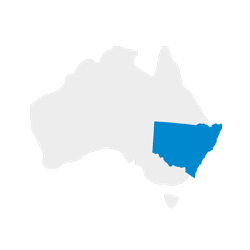Where an out-of-home care placement is required for a child or young person, the consideration of a suitable kinship carer should be the preferred option before any other placement is pursued. Kinship care involves relatives or members of a child’s social network being approved to provide accommodation and care until restoration can occur, or long-term care plans are made. Kinship care is targeted at children aged 0-18 years subject to intervention by child protection agencies and who are assessed as requiring out-of-home care.
The Aboriginal Child Placement Principle requires that preference be given to Aboriginal extended family or relatives, or where this is not possible other extended family or relatives are the next preferred care option for an Aboriginal child or young person. For Aboriginal people, kinship care is a longstanding and integral part of Aboriginal cultures and communities. Despite the sustained trauma and loss experienced by Aboriginal people, Aboriginal families and communities continue to take care of each other in time‐honoured ways. Kinship care is a culturally appropriate and traditional way of caring for an Aboriginal child or young person.
Culturally competent carer assessments provide a foundation for strong, sustained kinship care placements for Aboriginal children. However, assessing kinship carers and making placement decisions is complex. Assessing the carer’s ability to promote safety, security and development for an Aboriginal child must include the child’s cultural safety, their family and community relationships and their cultural and spiritual development. The child’s culture is not separate from but is integral to their development – their physical and emotional health, their education and their relationships must be assessed with a cultural lens. Assessments conducted by One Future ensure that the child is safe, and their long-term needs and wellbeing include consideration of the strength and resilience that comes from being culturally strong and connected to their family and community.


